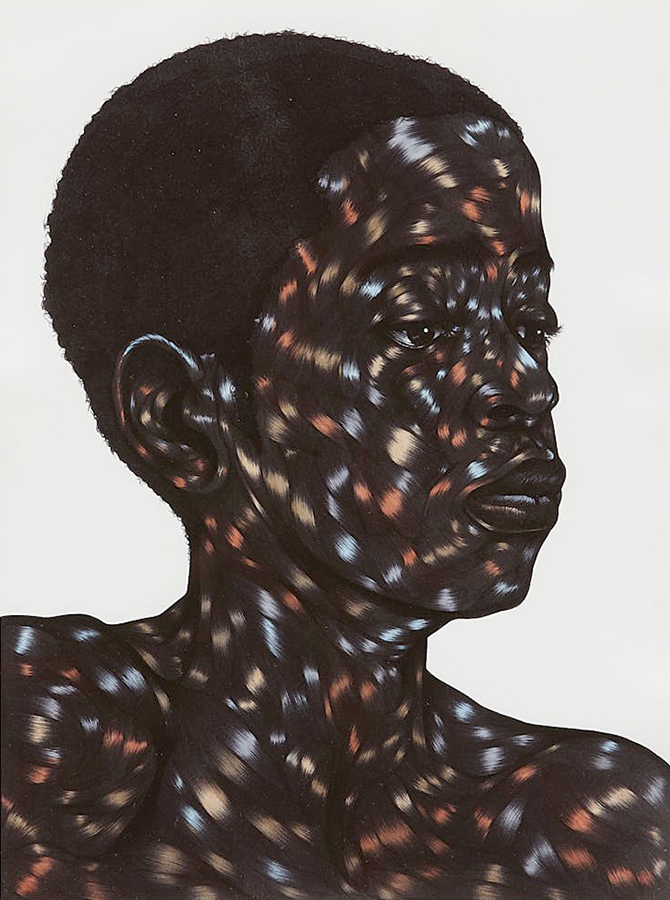The poetic, however, is something else: it is an occasion of immediate and observed -- which is to say, present -- presence.
-- Scott Cairns, “Elemental Metonymy: Poems, Icons, Holy Mysteries”
Like many writers, in high school I filled notebooks with poetry. I wrote rhymed and unrhymed verse, using stanzas to illustrate both the angst and the agony of my adolescence, my home life and my wonderings about the future.
Those notebooks now sit in a storage box, and every time I try to purge my belongings, they are not thrown away; despite their raw emotion, and their potential to embarrass me if my children discover them someday, I cannot bring myself to pitch them.
Nostalgia is partially to blame, but I also think that the poetry I tried to write in high school -- like the poetry that lines my bookshelves -- has significance. I have tried to impress the importance of poetry, its functions and its effects, on the many different readers I’ve met. The results have been mixed. My college students either love poetry or ignore it; my parents, when I send them poems, smile and nod.
“That’s real nice,” my father will say the next time I see him, then move on to another subject.
My father and students are not alone in their responses to poetry. At President Obama’s inauguration, Richard Blanco, the youngest poet ever to recite a poem at a presidential inauguration, was greeted with mild applause and general malaise. It can be said that poetry, both for individuals and for the public, feels mysterious, elite, unexplainably important -- but not essential for our lives.
Perhaps what brings me to defend poetry is this: I have a dear friend who pastors a church with a large refugee population, spending more than 80 hours a week tending her flock of Nepalese, Sri Lankan and Congolese congregants. She organizes food pantry closets that serve hundreds of people; most months, there are more mouths than boxes of pasta. She teaches basic English classes, attends refugee ministry meetings and pores over sermons that require both serious study and accessible English. From late-night airport pickups to appointments in domestic abuse court, my friend has ministered endlessly to the people she is called to serve.
You can imagine how empowering and fruitful this work is, but you should also imagine how exhausting it can be. The daily demands of my friend’s life are immense.
Yet when I sent her a copy of Mary Oliver’s latest book of poems, “A Thousand Mornings,” she received it as a welcome gift, not an irrelevance. I was not surprised that it brought beauty into my friend’s life, and that Oliver’s poems give her words that help her pray. They help her re-encounter the work she does with renewed hope. They revive her, as she told me, with the “hope of resurrection.”
What Oliver’s work does for my minister friend -- as it can do for us all -- is more than point to a message or theme that was meant to inspire. Poetry engages us in a moment of meeting with a scene, a world, a person; poetry invites us to partake, to be fully present, to move beyond medium and message to flesh and blood, word and communion.
When it is right, poetry evokes a sense of the sacramental. When read aright, poetry can help us recover a sacramental sense of presence in the world around us.
Imagine: What could an encounter with poetry do for each of us? In our places of work and worship, at home and in civic spaces, what could poetry help us recover in our exchanges and meetings with one another?
In the poetry I’m currently reading, many lines stand out as examples that evoke sacramental presence. I think of the work of Anne Overstreet, whose poem “Domestic” forces me to consider my home and table as a place that demands both compassion and humble presence:
Treat with kindness the hound at your foot,
with reverence spill salt onto the plate. It is
the least you can do while you wait for it to rise
from its companionship, becoming something more.
There is also Jeanine Hathaway, whose “Easter: Christ in the Desert Monastery” brings me back to my first Pascha celebration, the candles and the voices:
We are two women inside a warming tomb,
The ex-nun and her daughter, we follow their rite,
Sing back, “He is not here.”
And then there is the work of Daniel Bowman Jr., whose poem “Winter Fog” returns me to my notebooks, my own poems, the way it felt to watch my family and hope for something better for us:
Across the river, a cluster of lights
recalls the shoulders of my brother.
The fog, great ghost of an old Mohawk winter,
burns before I reach it.
Perhaps you have glossed over these lines, your own mind and heart preoccupied with the tasks of the day, of your life. I would encourage you to read them again, to be present with them, to see what they bring you to notice in yourself, in others, in what you see and observe around you.
In reading these poets, and the works of others, my hope is that you would, as the liturgy says, “depart in peace” -- that you would return to your life and its demands with a sense of the poetic, of being fully present to the world around you.
That your service, and mine, would be not just a demonstration of principle but an encounter with the risen Lord, whose hands and side must have felt so strange to Thomas, skeptic that he had been.













